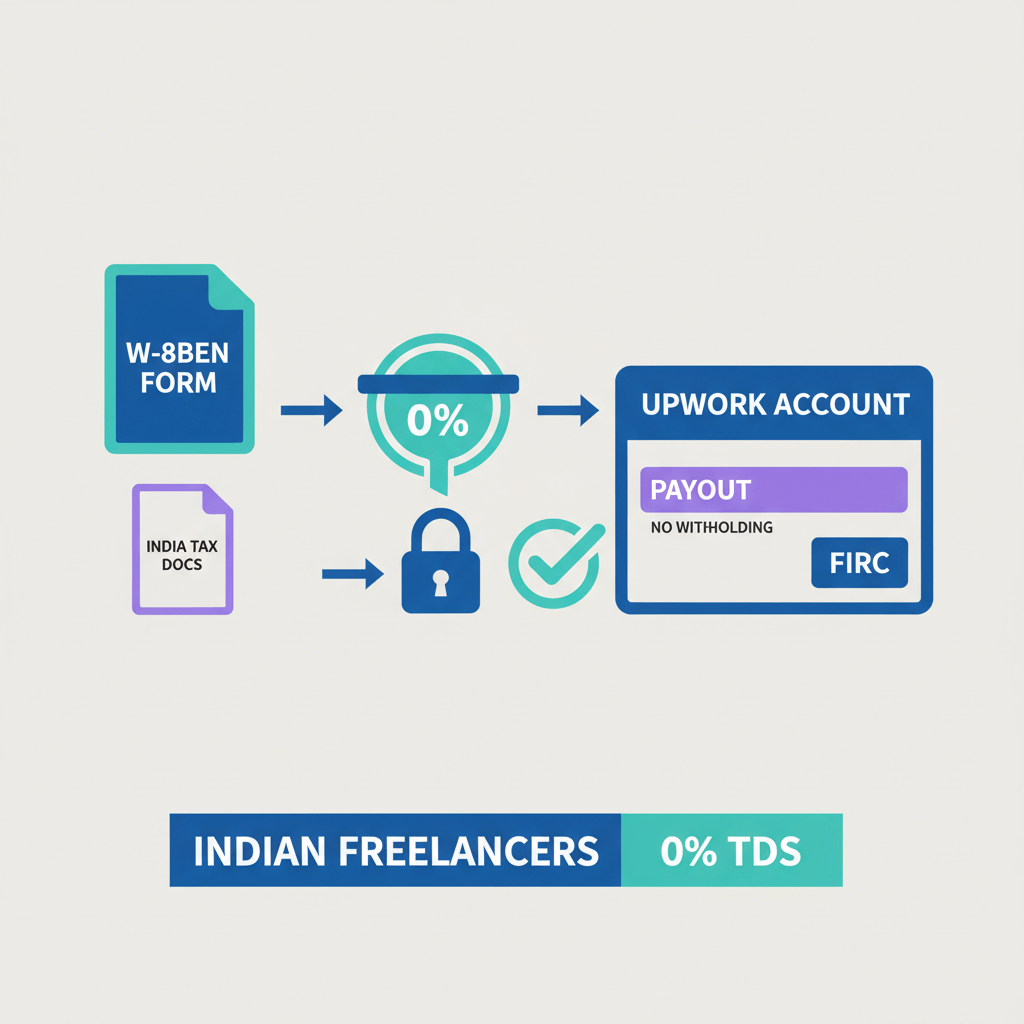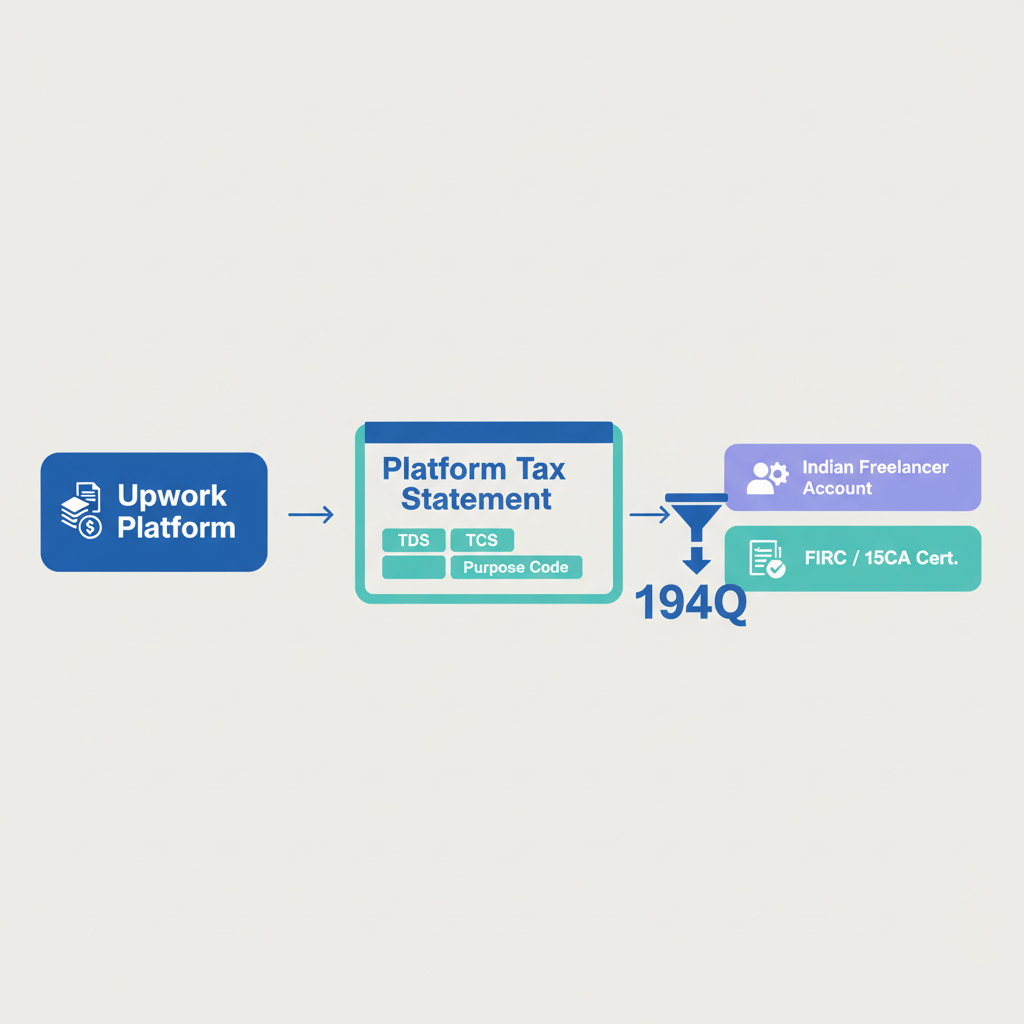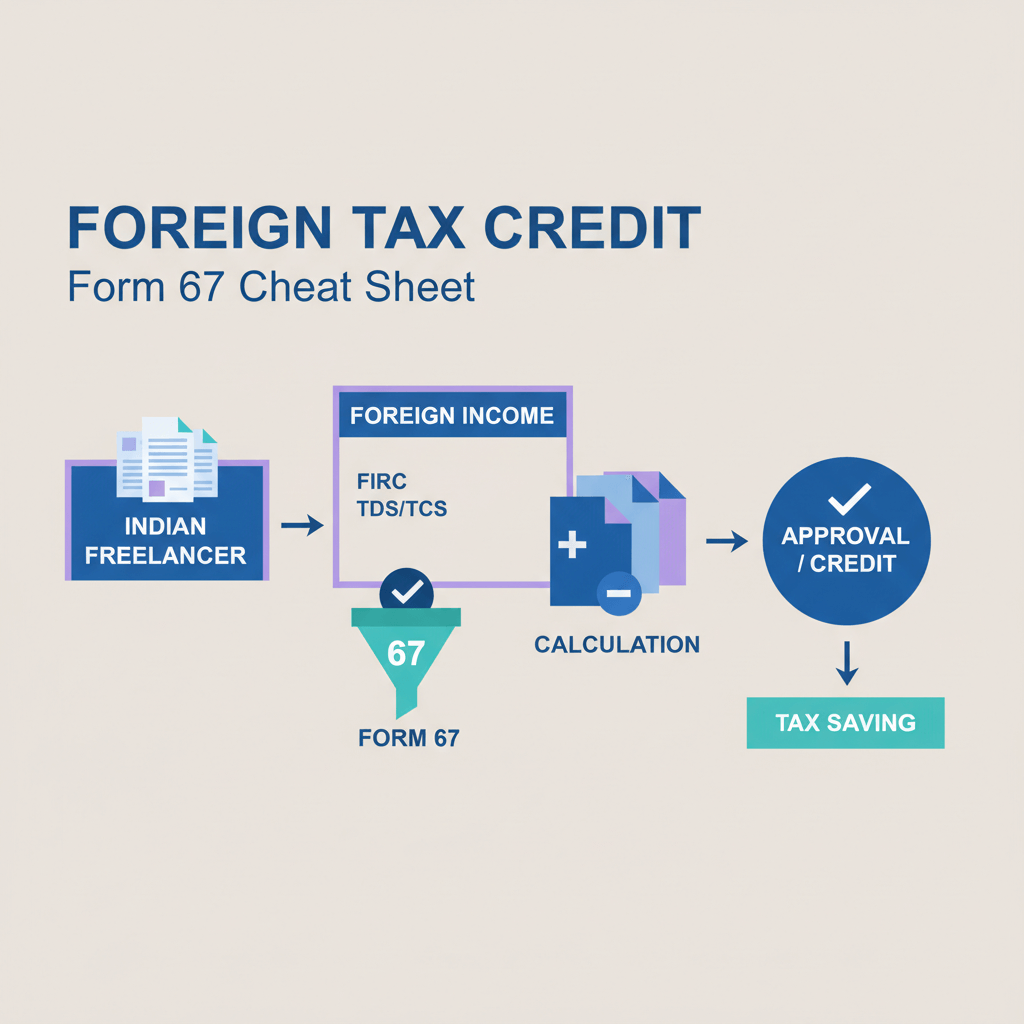What are the EEFC account charges for B2B remittances?
An Export Earners’ Foreign Currency (EEFC) account is a facility provided to exporters and professionals to hold their earnings in foreign currency without converting them into the local currency. This can help manage foreign exchange risk. The charges for B2B (Business-to-Business) remittances through an EEFC account can vary depending on the bank and the specific services offered. Here are some typical charges you might encounter:
- Transaction Fees: Banks often charge a fee for each remittance transaction. This fee can vary based on the amount and destination of the transfer.
- Conversion Fees: If there is a need to convert the currency during the transaction, banks may charge a conversion fee. This is usually a small percentage of the transaction amount.
- Service Charges: There might be additional service charges for maintaining the EEFC account, including charges for account statements, notifications, and other services.
- Commission Fees: Some banks may charge a commission on the remitted amount. This could be a fixed fee or a percentage of the transaction.
- SWIFT/Intermediary Bank Fees: If the remittance involves intermediary banks, there may be additional SWIFT or intermediary bank charges. These are fees charged by third-party banks involved in the transaction.
Who is eligible for EEFC account?What are the EEFC account charges applicable?
In the context of business outward remittance from India, the Export Earners’ Foreign Currency (EEFC) account is available to certain entities and individuals who meet specific eligibility criteria. Here are the primary groups eligible for an EEFC account:
- Exporters: Businesses engaged in exporting goods and services are eligible to open an EEFC account. This allows them to hold their export earnings in foreign currency, helping them manage foreign exchange risk more effectively.
- Professional Services Providers: Professionals who receive payments in foreign currency for services rendered abroad can also maintain an EEFC account. This includes consultants, IT service providers, architects, and other professionals offering their expertise internationally.
- Indian Entities Receiving Foreign Currency: Any Indian company or entity that receives payments in foreign currency, including joint ventures and wholly-owned subsidiaries of Indian companies operating abroad, can hold an EEFC account.
The purpose of the EEFC account is to enable these eligible entities to retain their foreign currency earnings, which can be used for future foreign exchange transactions without the need for immediate conversion into Indian Rupees (INR). This facility helps in managing foreign exchange risks and provides flexibility in handling foreign currency receipts and payments.
How do you open an EEFC account?
Opening an Export Earners’ Foreign Currency (EEFC) account in India for business purposes involves a series of steps and documentation. Here's a detailed guide on how to open an EEFC account:
Steps to Open an EEFC Account
- Choose a Bank: Select a bank that offers EEFC accounts. Most major banks in India, including public sector banks and private banks, provide this facility.
- Understand the Requirements: Familiarize yourself with the bank’s requirements for opening an EEFC account. These can vary slightly between banks but generally follow RBI guidelines.
- Account Opening Form: Completed and signed application form provided by the bank.
- Proof of Export: Documents evidencing export transactions, such as shipping bills, export invoices, and customs clearances.
- Board Resolution: For companies, a board resolution authorizing the opening of the EEFC account and specifying the authorized signatories.
- Visit the Bank: Visit the bank branch where you wish to open the EEFC account. It is advisable to make an appointment with a relationship manager or a bank officer who handles business accounts.
- Submit the Application: Submit the completed application form along with all the required documents to the bank.
- Verification Process: The bank will verify the submitted documents and may perform a due diligence check. This process can take a few days.
- Account Opening: Once the verification is complete, the bank will open the EEFC account. You will receive account details, including the account number and internet banking credentials if applicable.
- Fund the Account: After the account is opened, you can start crediting your export earnings into the EEFC account. These funds can be held in foreign currency without the need for immediate conversion to INR.
How much interest is paid as EEFC account charges?
EEFC accounts usually do not earn interest. Their main benefit is that they let exporters and others who earn foreign currency keep that money in foreign currency instead of converting it to Indian Rupees immediately. This helps manage currency exchange risks.
The Reserve Bank of India (RBI) generally does not allow interest to be paid on EEFC account balances. However, it's best to check with your bank for the latest details, as policies might differ slightly between banks.
What is the interest in exchange rates?
In the context of an EEFC (Export Earners’ Foreign Currency) account in India, here’s how interest rates and currency values can affect your business:
EEFC Account and Interest Rates
- Interest on EEFC Accounts:
- EEFC accounts typically do not earn any interest. Their main purpose is to let businesses hold their foreign currency earnings without converting them into Indian Rupees (INR) right away. This helps in managing currency exchange risks.
- Effect of Interest Rate Changes:
- Even though EEFC accounts themselves don’t earn interest, changes in interest rates in India can affect currency values. For example, if interest rates in India are high, it might attract more foreign investment, which can strengthen the INR.
- If the INR strengthens due to high interest rates, converting foreign currency earnings into INR could become more expensive. Businesses might need to think carefully about when to convert their money.
- Currency Value and Business Costs:
- If interest rates are low and the INR weakens, it might be cheaper to convert foreign currency into INR. Businesses should keep an eye on currency trends to make the most of favorable exchange rates.
- Managing Foreign Exchange Risks:
- Businesses using EEFC accounts should monitor changes in interest rates and currency values. These changes can impact the value of the foreign currency held in the EEFC account and affect business costs.
- Planning conversions and using financial tools to protect against currency fluctuations can help manage these risks.
- Influence of RBI Policies:
- The Reserve Bank of India (RBI) sets interest rates and makes decisions that can affect currency values. Staying informed about RBI’s policies can help businesses understand how these changes might impact their foreign currency earnings and transactions.
Can you open a euro account in India?
In the business context, opening a Euro account in India presents some challenges due to regulatory and practical issues. Here’s what you should know:
Opening a Euro Account in India
- Types of Accounts:
- Foreign Currency Accounts: Indian banks generally offer accounts like the Export Earners’ Foreign Currency (EEFC) account for holding foreign currency earnings, but these are usually available in currencies like USD rather than Euros.
- Foreign Currency Non-Resident (FCNR) Accounts: These accounts are available for non-resident Indians (NRIs) and can be held in foreign currencies, including Euros.
- Bank Offerings:
- Some banks may provide accounts in foreign currencies, including Euros, primarily for large businesses or multinational corporations. However, for smaller businesses or regular firms, opening a Euro account directly in India might not be feasible.
- Regulatory Considerations:
- The Reserve Bank of India (RBI) regulates foreign currency accounts and generally does not allow businesses to open and maintain accounts in Euros for routine use.
- Alternative Options:
- International Banks: Consider working with international banks that operate in India or Europe, which might offer Euro accounts or services tailored to your needs.
- Currency Exchange Services: Use currency exchange services to handle transactions in Euros effectively.
- Consult Your Bank:
- If you need to manage transactions in Euros, speak with your bank to explore available solutions like multi-currency accounts or other financial tools.











